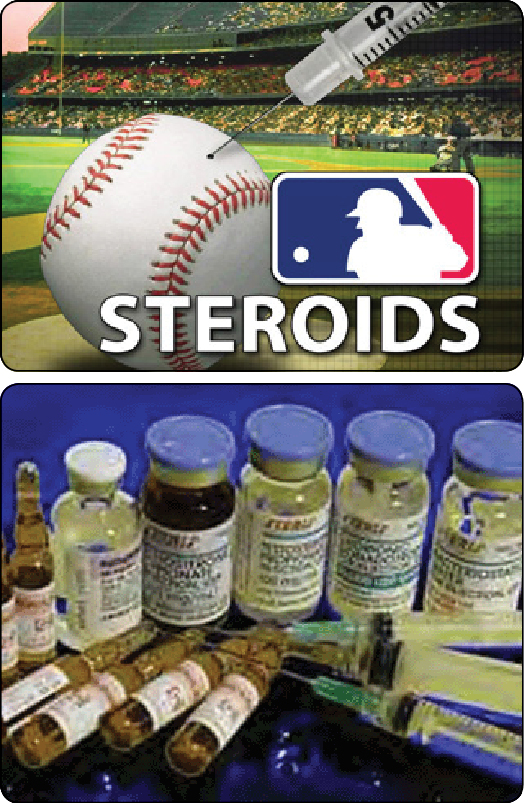
In the most recent of athletes being suspended for alleged substance use, Milwaukee Brewer’s Ryan Braun, who apologized over his involvement with performance-enhancing drugs and was suspended 65 games. It’s a worldwide disappointment when sport icons are accused of using steroids or enhancing drugs to improve their game, but are we being too hard on our heroes?
With today’s social media and the ability to spread gossip like wildfire, you wouldn’t have to watch sports to know the latest accusation on which professional is under blame by the public.
The New York Yankees’ Alex “A -Rod” Rodriguez is suspended 211 games for most likely using these performance-enhancing drugs during the 2010-2012 baseball season. This suddenly makes A-Rod the most loathed man in sports, and it doesn’t help he’s been previously accused of cheating when he intentionally slapped the ball out of Bronson Arroyo’s glove while running to first base.
Keep in mind that baseball fans are not just belittling A-Rod solely for using his substance of choice while beating previous home run records. Rodriguez began ratting out MLB players once it was known he was going to be named. Now, that’s just poor sportsmanship. Especially for someone with a $275 million contract with the Yankees.
Remember the 2000 Sydney Olympic games when Marion Jones won a total of five medals, then stripped of her titles when admitting that she used enhancing substances in 2007? Or maybe the most controversial, Barry Bonds, who claims he had no idea his trainer was handing him anabolics, which he thought was flax seed oil and a cream to ease muscle aches. Lance Armstrong fits into our steroid hall of fame when he once made bicycling popular, winning numerous titles in the Tour de’ France competition, then stripped of every single title while faced with a US federal investigation of doping allegations.
Iranian former world and double Olympic champion in weightlifting and the 2008 head coach of Iran’s national weightlifting team Hossein Rezadeh was blamed in 2009 for four Iranian weightlifters testing positive of steroid results.

Then there are thousands of blogs and articles online demeaning any athlete who have previously used these enhancing drugs.
But allow me to play the devil’s advocate, just for argument’s sake.
Athletes who enter the big leagues and Olympics have to take drug tests and prove their natural sportsmanship with their years of training. Franchises would not let any sportsman on enhancing drugs enter, because that would be, in a sense, cheating.
So let’s create a scenario: say our hero athlete enters the big league with a clear record. Our hero athlete earns his major league title, then gains his celebrity and makes millions within years. But a few years down the road, our athlete sees no improvement in his game. Our hero athlete makes the negative decision to take drugs to improve performance. While he is all ready making millions, there’s a competition within him, and he finds the need to impress his millions of fans.
And the struggle of drug enhancement is really nothing new to what you see on a daily basis in the media. People yearn for a better look, and infomercials seem to be shoving diet pills down your throat as a sort of cheat to lose weight.
Take a look at Cher or Michael Jackson: two talented and successful pop icons that changed music culture for generations, but pressure on looks were placed on them since the day they had the spotlight. Media’s focus was not on their music, but rather their looks.
Athletes are at a constant competition to beat their own record, and begin involving self-emotion. So their sportsmanship is involved, but fans love seeing improvement, so what happens when an athlete or entertainment icon reaches their peak?
The pressure is on.
Athletes caught taking performance-enhancing drugs face sometimes career-ending consequences of their decisions, but nothing compares to facing the harshest reality- disappointed fans.

